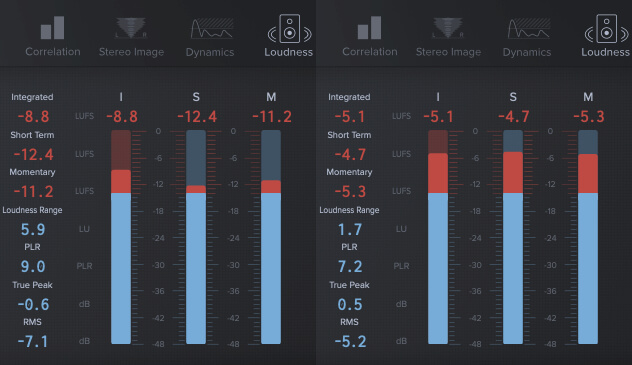Do I have to master my track?
Yes. Any professional release requires mastering before distribution. It ensures a comfortable listening experience for the audience and allows your track to compete with other songs in playlists or on streaming platforms.
Why should I have my track mastered?
Mastering provides the final touch that makes a track sound professional. It involves careful listening, adjusting the tonal balance, adding character if needed, and optimizing loudness to meet both genre-specific and industry standards. The goal is to make the track competitive with other productions on the market.
Why should I master my EP or album?
Mastering a full project serves the same purpose as mastering a single track, while also ensuring consistency across all tracks in terms of volume, tonal balance, and overall sonic character. It also accounts for different distribution formats (CD, vinyl, streaming) and can include a DDP file for CD manufacturing if necessary.
What is a DDP file?
A DDP Master is the reference format for CD pressing. It guarantees complete data integrity for creating the GlassMaster (the pressing matrix) and includes a checksum file for verification by the pressing plant. Unlike a CD-R master, a DDP Master is a perfectly faithful reproduction of the original mastering.
Should my track sound loud?
Yes, a track should be competitively loud according to current standards so it doesn’t feel weak compared to others, especially on non-normalized playback on streaming platforms. However, loudness should never compromise audio quality. A clear, precise, slightly less loud track is better than an over-compressed, messy one. Achieving powerful yet balanced sound requires precise and careful mastering skills.
Does mastering work like magic?
No. Mastering doesn’t fix mistakes or poor choices in the mix or production; it finalizes and harmonizes the track. On high-level productions, it may involve only very subtle adjustments. If minimal work is needed, it usually indicates that the mix was already excellent.
How do I get a good mastering ?
Good mastering starts with a solid mix, which itself comes from a well-thought-out production and arrangement. The final quality is established from the very first artistic and technical decisions.
Are there different ways to master a track?
Yes. Mastering can be done on the stereo mix, ideal if the mix is already well-balanced. It can also be done using stems (groups of tracks: vocals, guitar, drums, etc.) for more precise control. Finally, mastering directly from the mix session is possible, providing full control over each element.
What format should I export my track for mastering?
Keep the original session’s sample rate and export in at least 24-bit WAV (32-bit float recommended). This prevents unwanted clipping if the DAW’s master level exceeds 0 dBFS.
What level should I export my track at for mastering?
As long as the track doesn’t exceed 0 dBFS, it’s acceptable. The key is to preserve a quality mix and communicate with the mastering engineer to ensure enough headroom.
Should I leave effects on the master?
It depends. If effects are integral to the artistic vision and well-controlled, limiters and clippers can remain. A professional mix may already include some master bus processing. Communication with the mixing engineer is always the best approach, as mastering is a collaborative, sequential process.
How should I approach listening to my mastered track or project?
Listening to your mastered track can be a unique experience, especially if you’re not used to it or didn’t attend the mastering session. You may notice differences compared to the mix, the most obvious often being volume. If you’re accustomed to a lower mix level, the master may sound surprisingly loud, especially if you listen to both versions at the same volume on the same system (portable speaker, Hi-Fi, car, or smartphone). Start with a low volume to ease into the final sound.
Mastering also acts like a magnifying glass, highlighting many details, and sometimes revealing minor mix or production flaws. This can feel disorienting at first.
In summary: take your time to explore the final version through multiple listening sessions at reasonable volume, spaced over hours or days, on different playback systems. This approach will help you fully appreciate the quality of the work and the final version of your track.
For more information about mastering or to request a quote, contact Cerky Studio.




